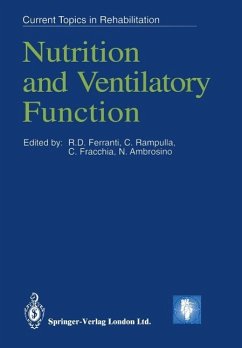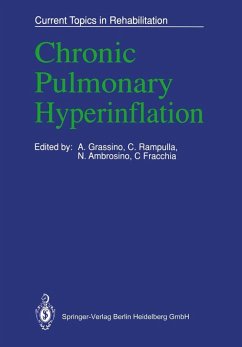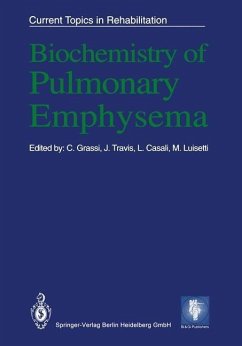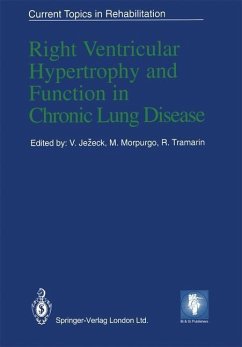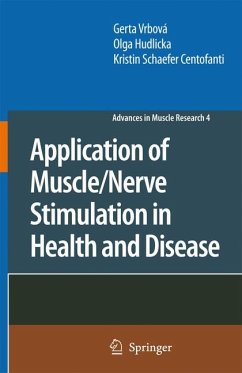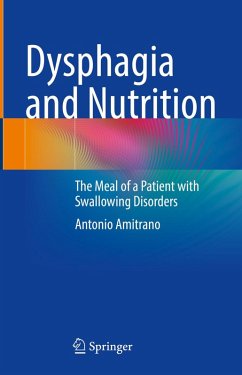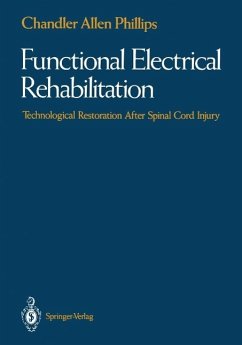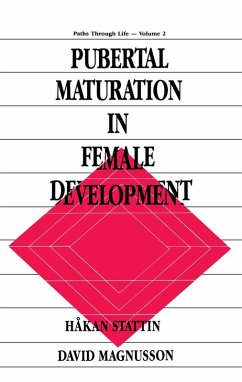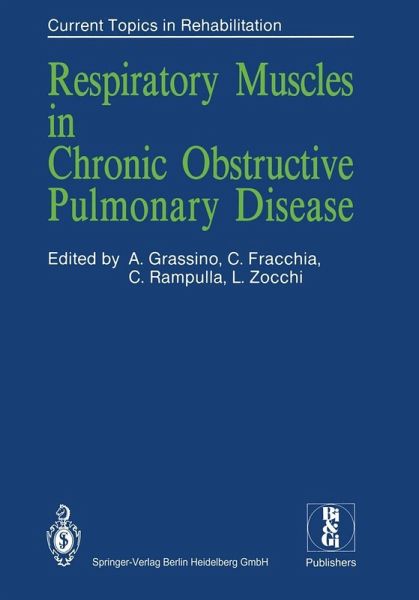
Respiratory Muscles in Chronic Obstructive Pulmonary Disease (eBook, PDF)
Versandkostenfrei!
Sofort per Download lieferbar
112,95 €
inkl. MwSt.
Weitere Ausgaben:

PAYBACK Punkte
56 °P sammeln!
While emphysema and chronic bronchitis are primarily lung di seases, one of their major consequences is to deeply affect the function of the respiratory muscles. Lung hyperinflation shortens the inspiratory muscles due to increased airways resistance, more of their effort is demanded and changes in nutritional status wea ken them further. Their malfunction can lead to severe dyspnea and to failure of the ventilatory pump. Over the last 10 years we have witnessed an explosion of information of how respiratory muscles function in health and disease, new techniques for their evaluation have been ...
While emphysema and chronic bronchitis are primarily lung di seases, one of their major consequences is to deeply affect the function of the respiratory muscles. Lung hyperinflation shortens the inspiratory muscles due to increased airways resistance, more of their effort is demanded and changes in nutritional status wea ken them further. Their malfunction can lead to severe dyspnea and to failure of the ventilatory pump. Over the last 10 years we have witnessed an explosion of information of how respiratory muscles function in health and disease, new techniques for their evaluation have been created, the concept of fatigue, weakness, and failure was developed, and their rest or training was attemp ted. The implication of respiratory muscles malfunction in respi ratory medicine has reached a prominent place. It seems remarkable that while some aspect of skeletal muscles function requires molecular biology techniques to find new an swers, we still know little on respiratory muscles interaction, stra tegies of coordination, their role in dyspnea, chronic hypercapnia or how to effectively improve their function in patients. This workshop was organized and held at the Medical Center of Rehabilitation in Montescano and represents an attempt to focus on how the newly adquired wealth of information can eventually be trasformed into medical care. The particpants in this workshop brought forward challenging thoughts and we are most grateful for their participation. This book represents a report of the proceedings and also provides the most updated information in this field.
Dieser Download kann aus rechtlichen Gründen nur mit Rechnungsadresse in A, B, BG, CY, CZ, D, DK, EW, E, FIN, F, GR, HR, H, IRL, I, LT, L, LR, M, NL, PL, P, R, S, SLO, SK ausgeliefert werden.



